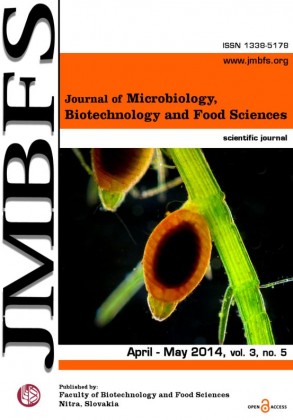ENHANCING FOOD SAFETY AND STABILITY THROUGH IRRADIATION: A REVIEW
Keywords:
Irradiation, radiation sources, food safety, shelf-life, disinfestationAbstract
Food irradiation is one of the non thermal food processing methods. It is the process of exposing food materials to the controlled amounts of ionizing radiations such as gamma rays, X-rays and accelerated electrons, to improve microbiological safety and stability. Irradiation disrupts the biological processes that lead to decay of food quality. It is an effective tool to reduce food-borne pathogens, spoilage microorganisms and parasites; to extend shelf-life and for insect disinfection. The safety and consumption of irradiated foods have been extensively studied at national levels and in international cooperations and have concluded that foods irradiated under appropriate technologies are both safe and nutritionally adequate. Specific applications of food irradiation have been approved by national legislations of more than 55 countries worldwide. This review aims to discuss the applications of irradiation in food processing with the emphasis on food safety and stability.Downloads
Download data is not yet available.
Downloads
Published
2014-04-01
How to Cite
Ahmad Shah, M., Ahmad Mir, S., & Ahmad Pala, S. (2014). ENHANCING FOOD SAFETY AND STABILITY THROUGH IRRADIATION: A REVIEW. Journal of Microbiology, Biotechnology and Food Sciences, 3(5), 371–378. Retrieved from https://office2.jmbfs.org/index.php/JMBFS/article/view/6997
Issue
Section
Food Sciences
License
Copyright (c) 2014 Manzoor Ahmad Shah, Shabir Ahmad Mir, Showket Ahmad Pala

This work is licensed under a Creative Commons Attribution 4.0 International License.
All papers published in the Journal of Microbiology, Biotechnology and Food Sciences are published under a CC-BY licence (CC-BY 4.0). Published materials can be shared (copy and redistribute the material in any medium or format) and adapted (remix, transform, and build upon the material for any purpose, even commercially) with specifying the author(s).

